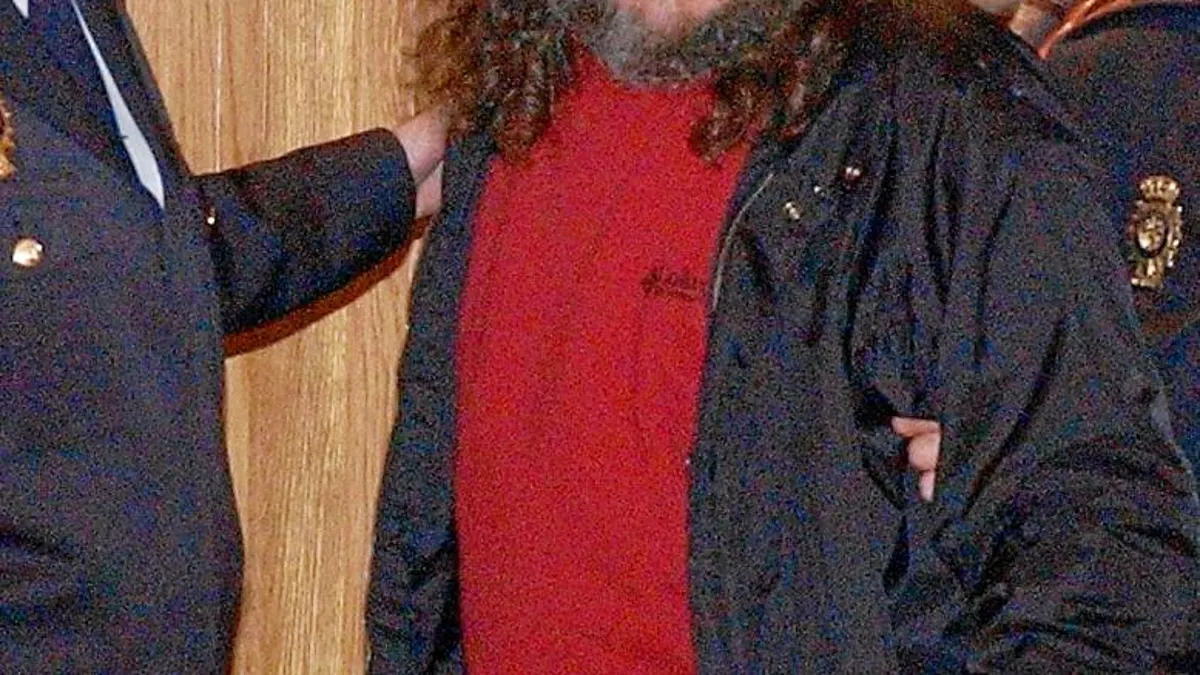
The Supreme Court recognized the drug trafficker José Ramón Prado Bugallo, Sito Miñanco, the right to ask the prison where he is serving his sentence to be compensated in one way or another for the visa granted to him for the work carried out and who did not benefit from it due to the restrictions imposed during the pandemic.
This is established in a judgment in which he rejects Sito Miñanco’s request in his appeal for the higher court to unify the doctrine on this issue, but informs him that he has the right to claim said compensation.
Sito Miñanco appealed the order of the Palencia court which upheld the decision of a prison monitoring court to reject his appeal against the refusal of the Dueñas prison to allow him to recover the visa granted to him for the work carried out in 2021 when I was in the Estremera Prison (Madrid) and which were suspended due to the pandemic.
The Dueñas Penitentiary Center informed Sito Miñanco that despite the lifting of restrictions, it was not possible to benefit from the visa obtained before the pandemic and explained that it was impossible to return all lost communications to inmates since there are a is a physical limitation of rooms and days, just like impossible human work.
The Supreme Court clarifies that “we are not confronted with a legal doctrine which must be unified but rather with the Administration’s evaluation of the factual circumstances and the material means by which it understands that a certain communication is impossible”.
But he adds that “in any case, the right of the prisoner to reproduce the request that the reward earned and not appreciated due to lack of means and possibilities be replaced by another of those provided for in article 263 of the prison regulations” is preserved in the event that it is impossible to compensate it vis-à-vis.
In addition to special and extraordinary additional communications, this precept includes other rewards such as scholarships and book donations, priority in participation in scheduled outings for cultural activities, reductions in imposed sanctions, cash bonuses, merit ratings and any other of the same nature.
“The limits indicated by the development of recovery do not prevent that, leaving this type of reward without effect for reasons independent of the will of the intern, the possibility of replacing it with another which, due to the system of points earned, , should be granted. scope”, concludes the Supreme Court.
Sito Miñanco was sentenced in 1993 to 20 years in prison for crimes against public health.in 2004 for the same offense at 16 years and 10 months and in 2019 for laundering money from drug trafficking at 3 years and 9 months in prison, reports Efe.

